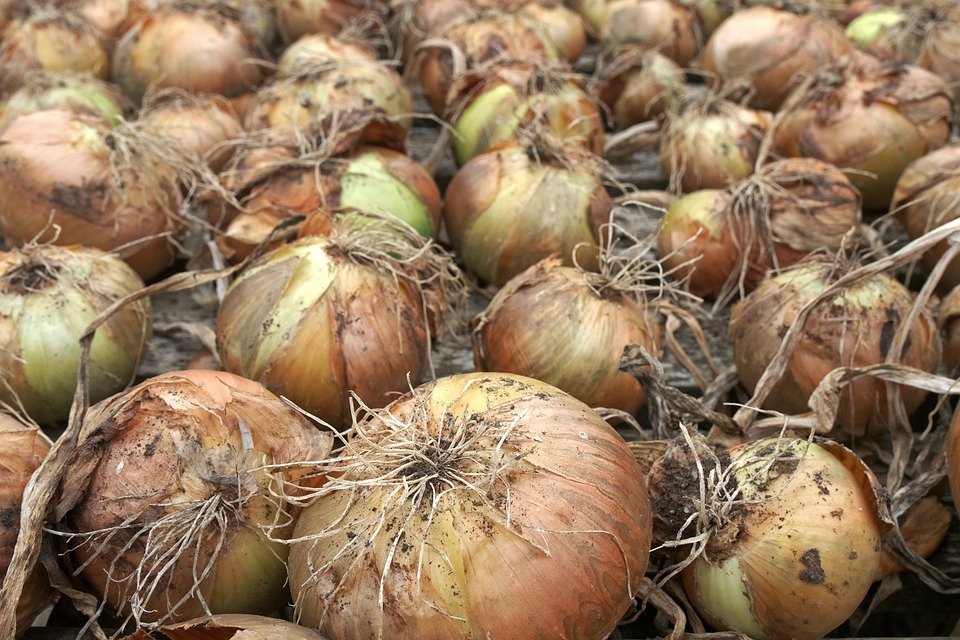As someone who has spent years living off the grid, sustainable farming has always been a passion of mine. From the humble beginnings of planting my first vegetable garden to the bustling harvest seasons on the farm, I have seen first-hand the positive impact sustainable farming has on the food industry. From farm to table, the journey of food takes a significant turn when sustainable practices are implemented. Not only does it benefit the environment, but it also ensures that the food we eat is fresh, healthy, and supports local communities. In this article, we will explore how sustainable farming impacts the food industry and why it is essential for the future of our planet.
Sustainable farming is a method of production that focuses on the long-term health of the soil, ecosystems, and communities. It avoids the use of synthetic fertilizers, pesticides, and other harmful chemicals, and instead, utilizes natural methods to maintain soil fertility and control pests. This approach not only protects the environment but also produces high-quality, nutrient-dense food that benefits both the consumer and the farmer.
One of the key impacts of sustainable farming on the food industry is the emphasis on local, seasonal, and organic produce. By supporting local farmers who practice sustainable methods, consumers are not only gaining access to fresh, flavorful fruits and vegetables, but they are also reducing their carbon footprint by minimizing the distance their food travels from farm to table. This not only supports the local economy but also fosters a sense of community and connection to the food we eat.
Pro Tips for Sustainable Farming and Gardening:
1. Incorporate companion planting to naturally deter pests and attract beneficial insects to your garden.
2. Use organic compost and natural fertilizers to improve soil health and fertility.
3. Practice crop rotation to prevent soil depletion and maintain a balanced ecosystem in your garden.
Another impact of sustainable farming on the food industry is the focus on animal welfare and ethical farming practices. Sustainable farmers prioritize the well-being of their livestock, providing them with spacious living conditions, access to fresh air and sunlight, and a diet that is free from synthetic growth hormones and antibiotics. This not only results in healthier and more flavorful meat and dairy products but also ensures that the animals are treated with respect and dignity.
In addition to the environmental and ethical benefits, sustainable farming also has a positive impact on the nutritional value of the food we consume. By using natural methods to maintain soil fertility, sustainable farmers are able to produce crops that are rich in essential nutrients, vitamins, and minerals. This not only improves the taste and quality of the food but also supports the health and well-being of the consumers.
Pro Tips for Growing Nutrient-Dense Crops:
1. Test your soil regularly to ensure it has the necessary nutrients for healthy plant growth.
2. Consider growing heirloom and heritage varieties of vegetables and fruits, which often have higher nutritional value.
Furthermore, sustainable farming supports biodiversity, which is essential for the long-term health of our ecosystems. By promoting a diverse range of crops and plants, sustainable farmers are able to create habitats for beneficial insects, birds, and other wildlife. This helps to maintain a balanced ecosystem and reduces the need for harmful chemical pesticides and fertilizers.
In conclusion, sustainable farming has a significant impact on the food industry, from the way our food is grown to the way it is consumed. By incorporating sustainable practices, we can support local communities, protect the environment, and ensure that the food we eat is fresh, healthy, and nutritious. Whether it’s on a small scale in a backyard garden or on a larger scale in a farm, sustainable farming is essential for the future of our planet and the well-being of future generations. So let’s support sustainable farming and embrace the farm-to-table movement for a healthier, more sustainable food industry.
Pro Tips for Supporting Sustainable Farming:
1. Shop at local farmers’ markets and support small-scale sustainable farms in your area.
2. Learn more about sustainability and farming practices to make informed decisions about the food you consume.



